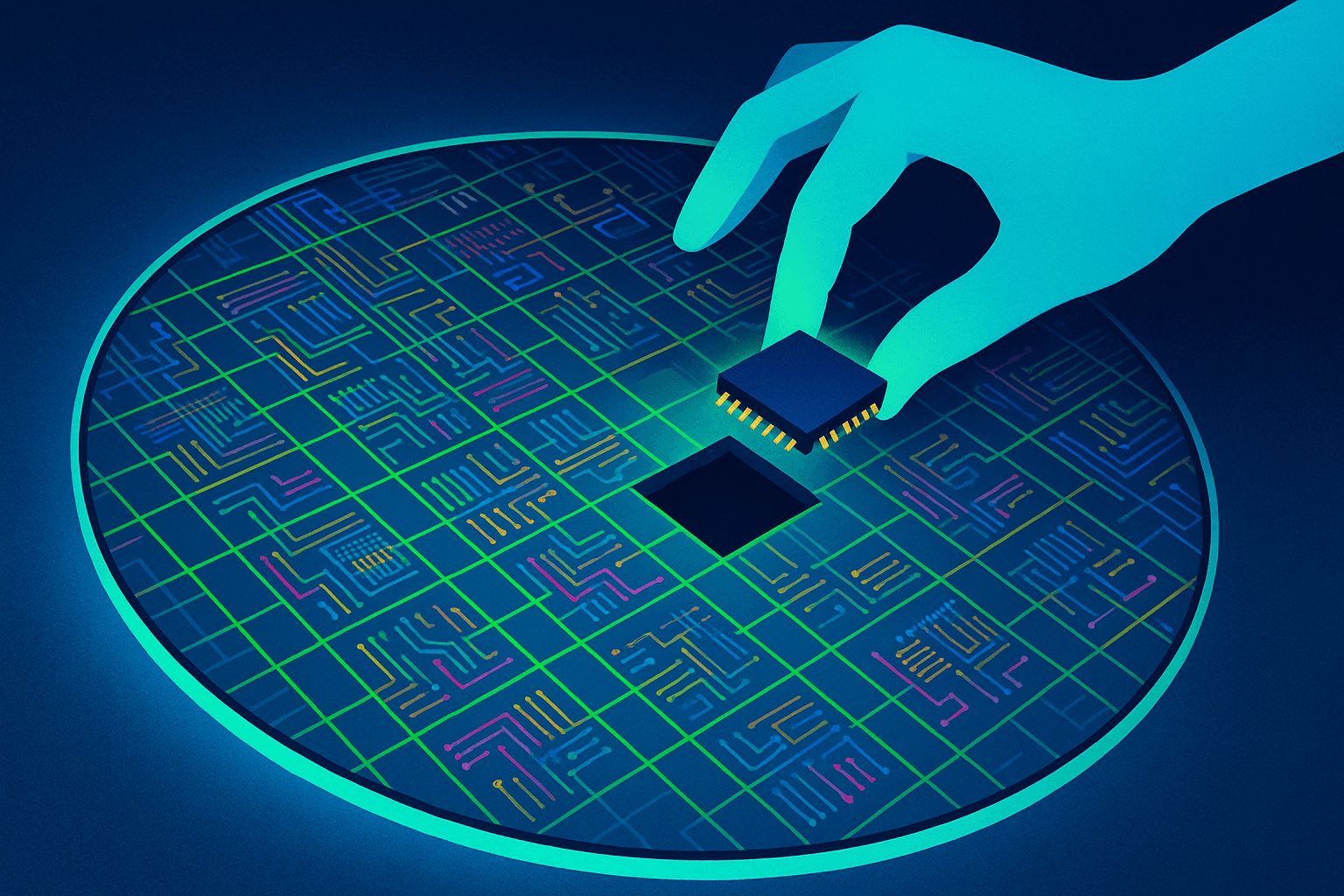US considers tracking AI chips, TSMC fires employees over the theft of advanced technology

Washington is considering new technical measures to control the flow of semiconductors to China, even as a major data theft case at industry giant TSMC exposes internal security risks across the chip sector.
According to Bloomberg, the US government is exploring ways to equip AI chips with improved location-tracking features. The goal is to limit the export of semiconductors from companies like Nvidia to China. Michael Kratsios, one of the architects behind a Trump-era AI action plan, confirmed that these controls are part of a broader US effort to prevent smuggling and maintain American tech dominance. Officials are reportedly discussing possible software or hardware changes to make chips easier to track, and these proposals are explicitly included in the current policy plans.
Last week, Chinese officials summoned Nvidia representatives to discuss both US export controls and alleged security concerns around the company's H20 chips. Nvidia has stated there are no "backdoors" in its hardware. Kratsios also said he has not personally spoken with Nvidia or AMD about the tracking technology.
Espionage case at TSMC
While Washington looks to external controls, recent incidents are highlighting internal security risks. As reported by Nikkei Asia, Taiwan Semiconductor Manufacturing Co. (TSMC) has fired several employees and begun legal action after they were accused of trying to obtain sensitive information about the company's cutting-edge 2-nanometer chip technology.
Sources familiar with the case say the suspects attempted to access critical data about TSMC's 2-nm development and production while still working for the company. The 2-nanometer process, which is set to enter mass production later this year, is considered the most advanced in the industry.
Only a handful of firms - including TSMC, Samsung, and Intel - are developing this technology, supplying major clients like Apple, AMD, and Nvidia. TSMC has also faced scrutiny under US export controls, especially after advanced TSMC technology was found in Huawei's Ascend chips, which are part of China's effort to create local alternatives to Nvidia's AI accelerators.
TSMC says the unauthorized activities were detected during routine monitoring. The company maintains a zero-tolerance policy for trade secret violations and promises strict legal consequences for breaches.
Investigation under national security law
Taiwanese prosecutors have confirmed that the investigation is being conducted under the National Security Law enacted in 2022. This law is designed to protect sensitive technologies - especially semiconductors - from foreign adversaries, classifying chip technologies more advanced than 14 nanometers as national core critical technology.
According to prosecutors, TSMC reported the case after detecting unusual access patterns. An internal probe revealed that a former employee, in coordination with current employees, allegedly stole trade secrets. Authorities say there is strong suspicion that three individuals violated the law, and a court has approved their detention. Investigators are now working to determine the motives and whether any data was passed on to third parties.
AI News Without the Hype – Curated by Humans
As a THE DECODER subscriber, you get ad-free reading, our weekly AI newsletter, the exclusive "AI Radar" Frontier Report 6× per year, access to comments, and our complete archive.
Subscribe nowAI news without the hype
Curated by humans.
- Over 20 percent launch discount.
- Read without distractions – no Google ads.
- Access to comments and community discussions.
- Weekly AI newsletter.
- 6 times a year: “AI Radar” – deep dives on key AI topics.
- Up to 25 % off on KI Pro online events.
- Access to our full ten-year archive.
- Get the latest AI news from The Decoder.